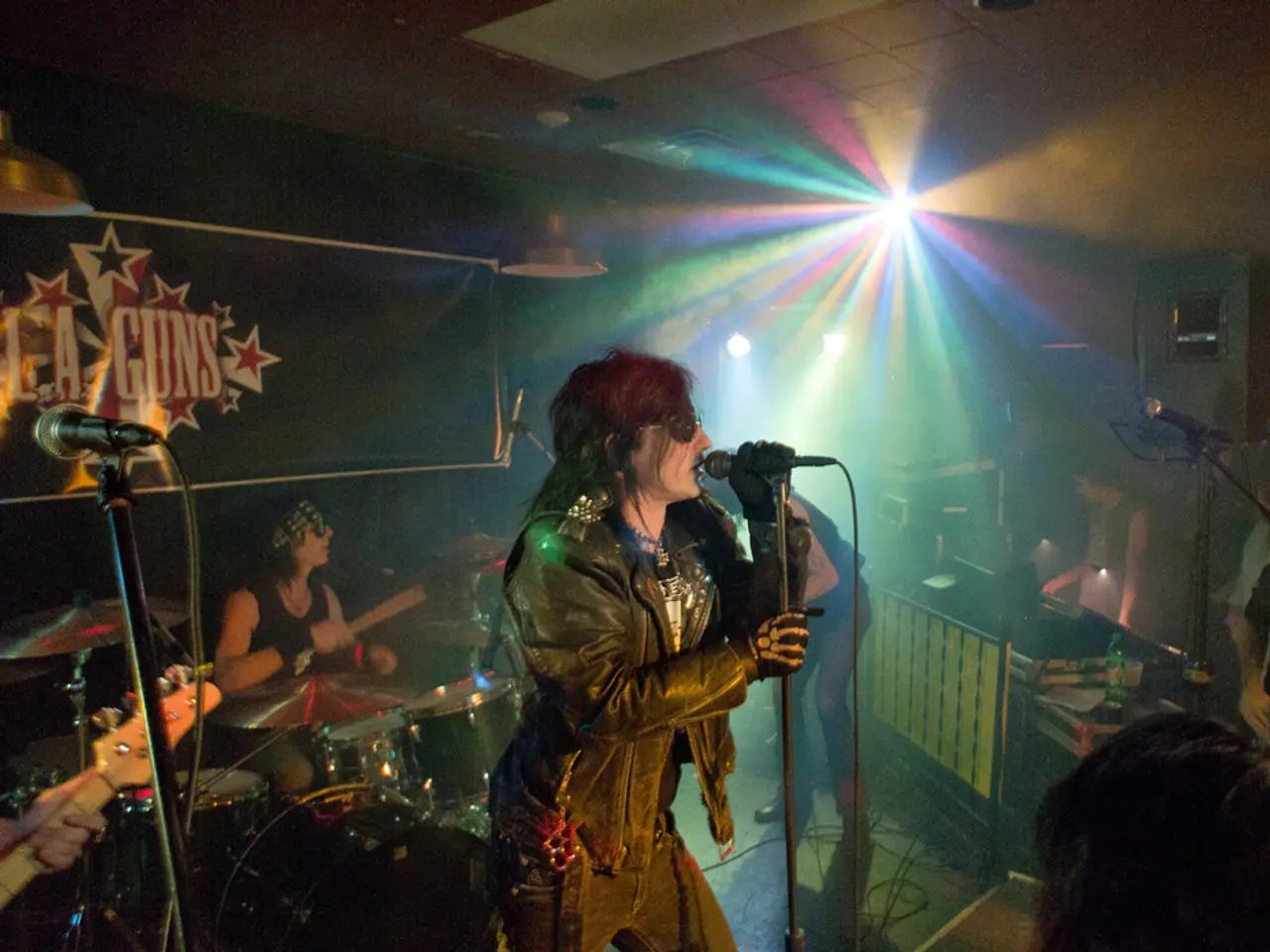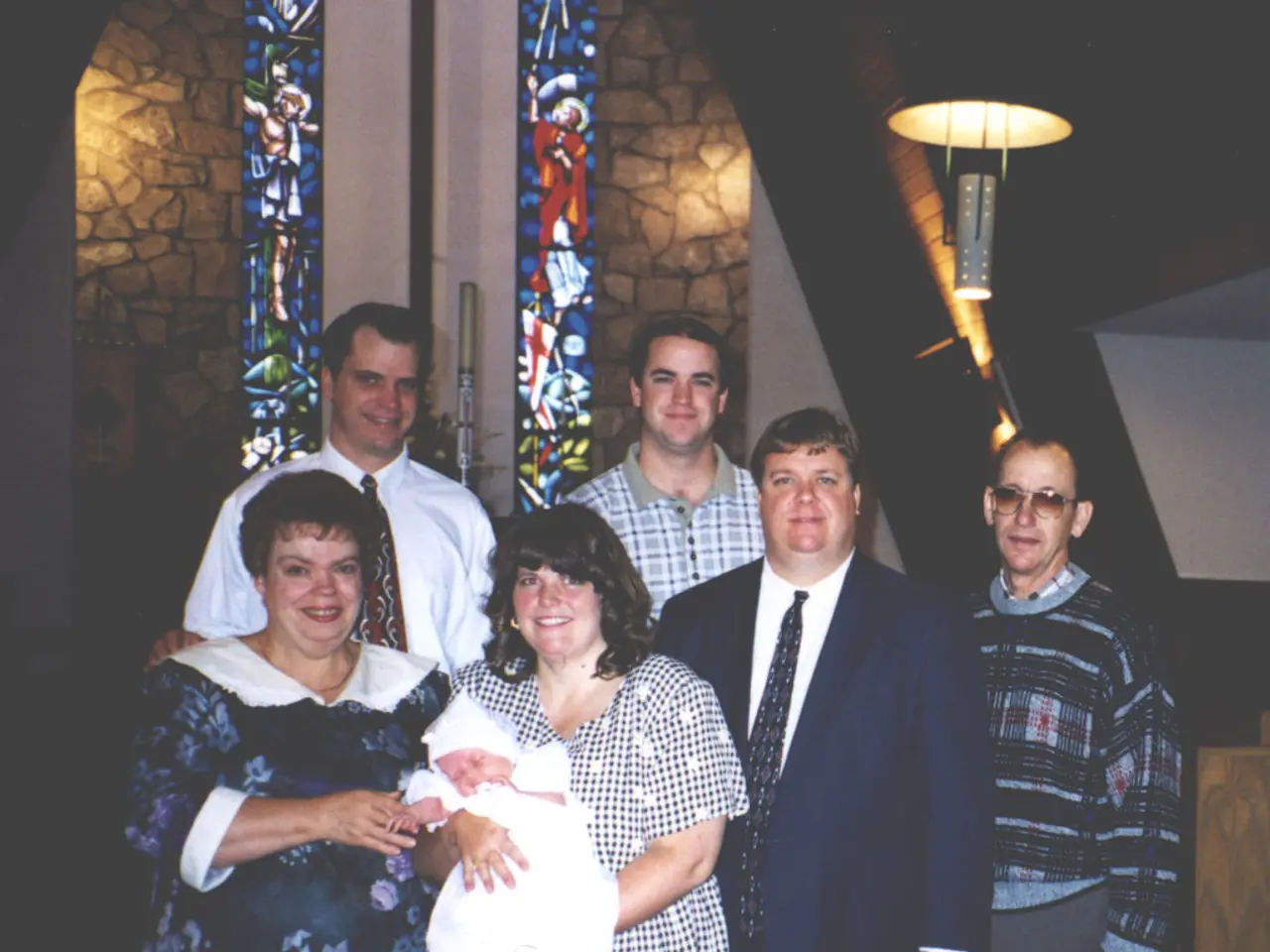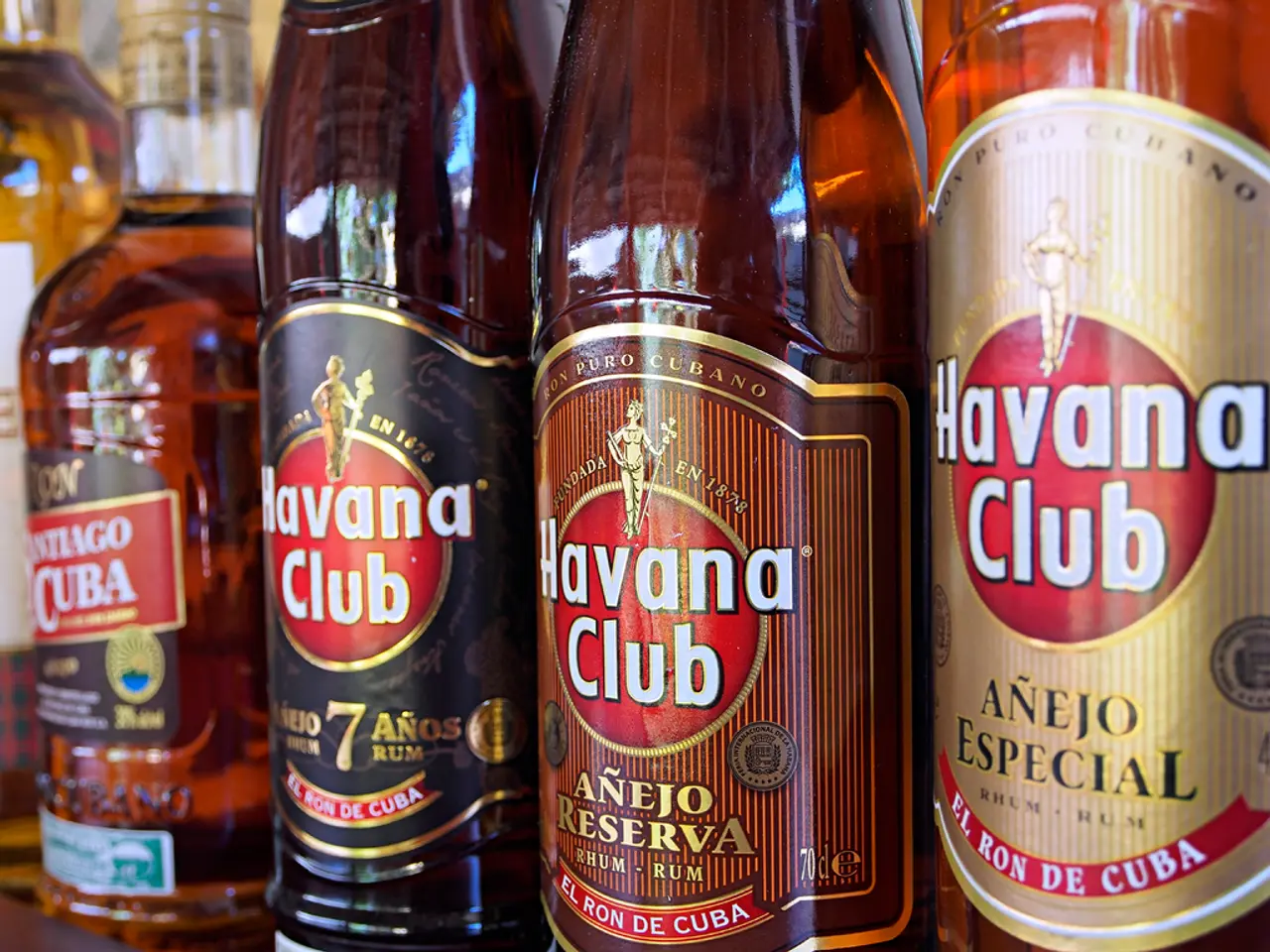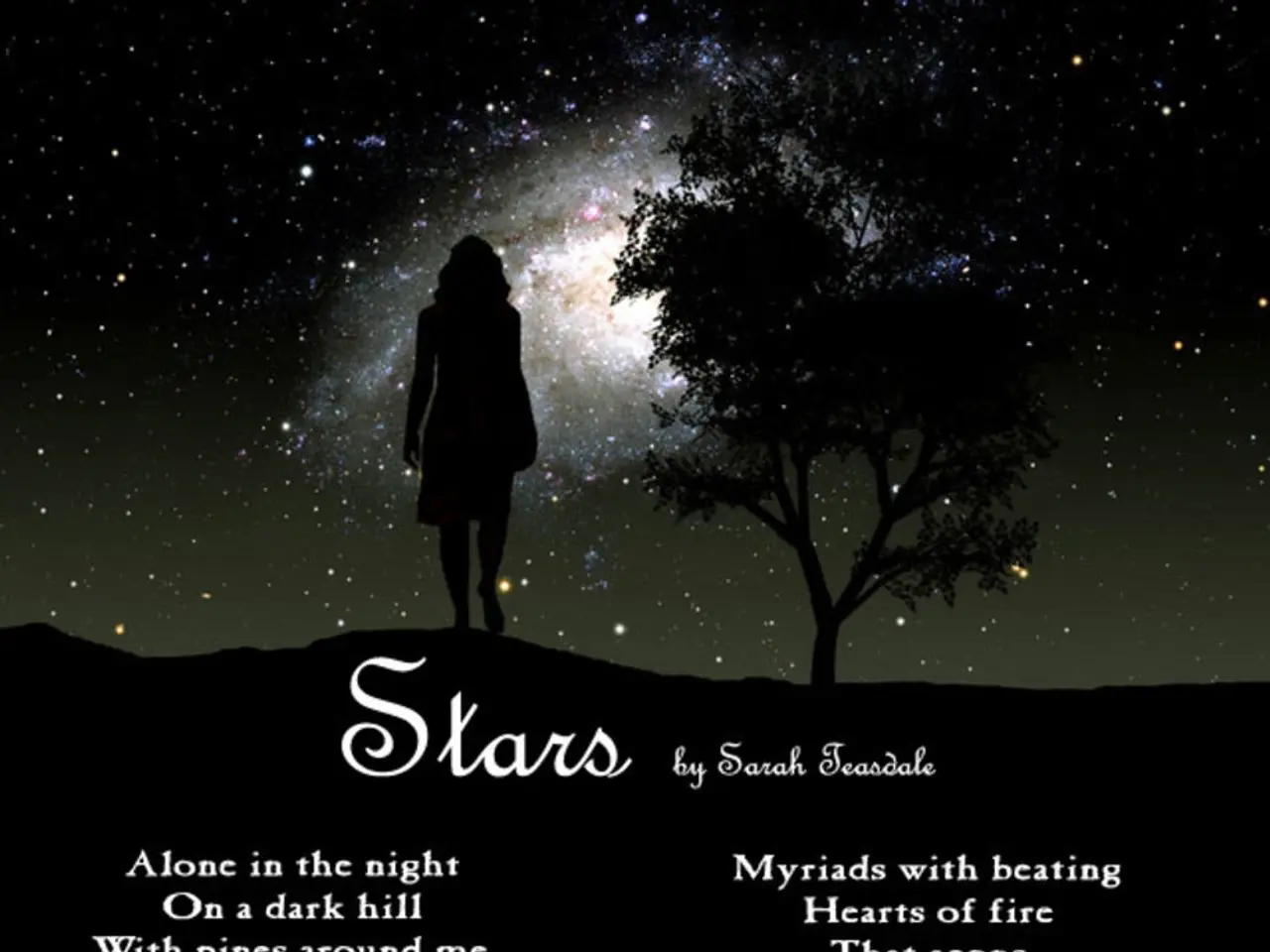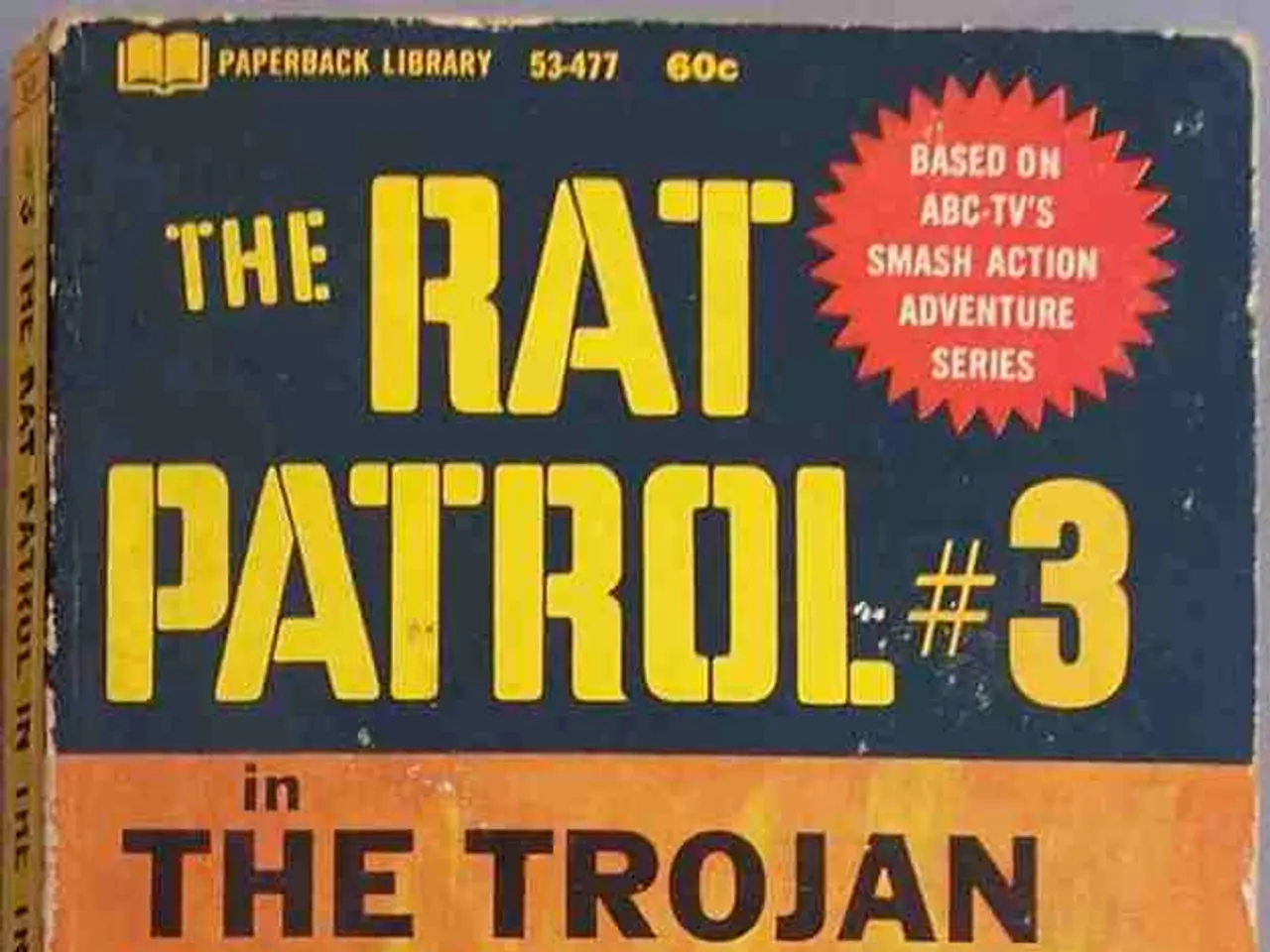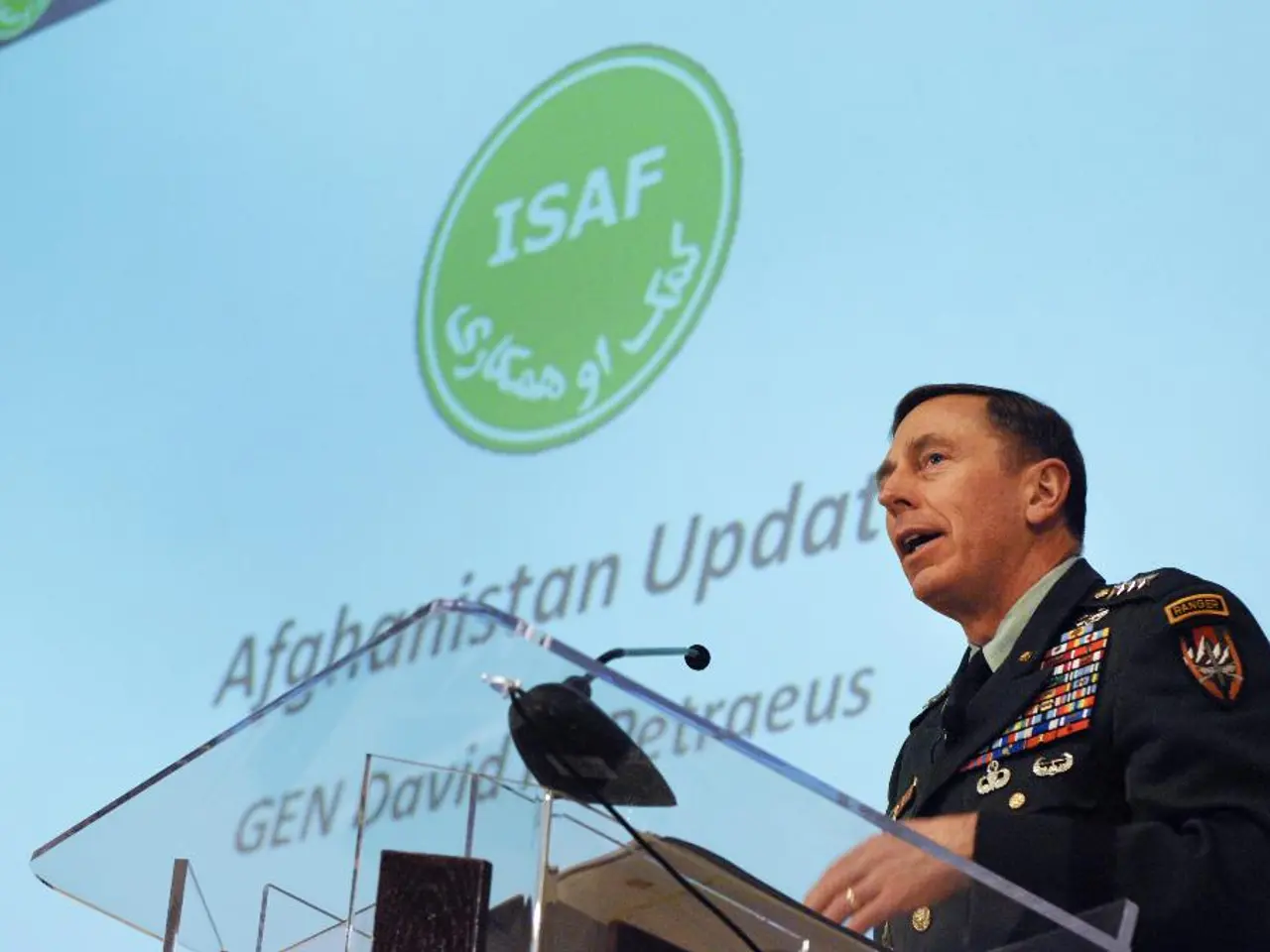Each tune I compose is a musical critique against the AfD.
Hamburg Musician Jan Delay: Every Song is a Classic Anti-AfD Song
Hamburg-based musician Jan Delay (49) has made a bold statement, declaring that every song he has ever written is a classic anti-AfD song. The AfD, or Alternative für Deutschland, is a German far-right political party whose worldview is opposite to that reflected in Jan Delay's music.
Delay believes that love is inherently political. He communicated this view to the German Press Agency, stating that if there was more love in politics, many of the current problems would not exist. According to Delay, even songs about love can be considered anti-AfD songs because the AfD does not embody love.
This is not an uncommon sentiment among songs and musicians considered classic anti-AfD or generally opposed to far-right extremism in Germany. Historically, these songs feature lyrics promoting love, resistance to racism, and political activism against nationalism and extremism.
For instance, the song Wehrt Euch ("Resist yourselves") by Bunte Liste has been a unifying protest anthem since the late 1970s. Its lyrics explicitly call to “beat the Nazis now!” and promote collective resistance against hatred and xenophobia. Another example is the music of MEK Bochum (Mobile Einsatz Kapelle), active in the late 1970s and early 1980s, who were involved in radical-left and anti-nuclear activism, with music opposing political extremism and supporting democracy and environmentalism.
Even internationally, bands like Chumbawamba, though not German, are an example of an anarcho-punk group known for politically charged lyrics promoting hope, unity, and opposition to far-right populism. Their famous song Tubthumping has been cited as a “song of hope and positivity” and has been referenced in disputes involving far-right or divisive politicians who tried to co-opt it.
These musicians and songs are emblematic for their protest and solidarity themes, actively opposing hate, fascism, and political extremism like that represented by the AfD. They continue to be used in demonstrations and political rallies aiming to drown out or resist far-right forces.
However, far-right parties like AfD have recently sought to recruit youth and use music and social media for spreading their ideology, complicating the cultural landscape around these themes. Classic anti-extremist songs serve as cultural tools for counteracting this trend.
Despite not intending to create anti-AfD songs, Jan Delay finds it positive that people are making these songs without realizing it. He believes that this unintentional resistance is a testament to the power of music to inspire and unite people against hate and extremism.
In the realm of social-media and entertainment, Jan Delay's music serves as a powerful pop-culture statement against the far-right ideology of the AfD, echoing the messages of various anti-extremist songs throughout German history. These songs have been instrumental in promoting love, resistance to racism, and political activism, serving as cultural tools against the spread of hate and extremism.
